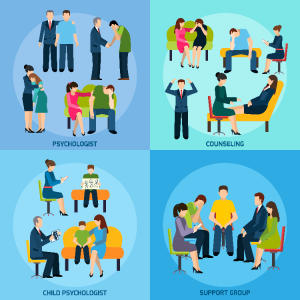
My daughter recently asked me to watch a film about addiction with her. This film is called Beautiful Boy (2018) and is based on a true story of a father and his son (David and Nic Sheff). In his book of the same name, David describes his son’s journey – and his own alongside him.
What contributes to becoming an addict?
His son, Nic, was a crystal meth addict. Nic was from a loving family, his father loved him, his stepmother and half siblings loved him, his mother loved him. Nic had it all on the surface – he achieved good grades at school, he was an artist, an athlete and the editor of the school paper. He was creative.
BUT NIC WAS UNCOMFORTABLE IN HIS OWN SKIN.
This is often the start of the story for many alcoholics and addicts. We do not need to have had trauma or difficult life experiences. We can be talented and high achievers. But somewhere deep inside us we feel ‘less than’, anxious, lacking in confidence, stressed.
The drug that solves the problem becomes the problem
At the age of 11, Nic had his first drink and his first experiment with weed. From then on he tried various drugs until he discovered his ‘drug of choice’, crystal meth. He thought he had found the answer to all his problems. Then the answer to all his problems took him over and became the problem. He was admitted to a drug rehabilitation centre at age 19. Everyone was hopeful that this would ‘fix’ him and for a while it seemed to.
Nic became the young man he was meant to be, back visiting his family and enjoying family occasions. There was still a lack of complete trust but the future looked bright. Nic was staying in a sober living environment and all seemed to be going well – until it wasn’t. Nic relapsed. This was not because he thought it would be fun but because he could not bear the pain which re surfaced. He stopped doing what he was advised to do, working his programme. He thought alcohol would be less of a risk – but it was not and his using escalated to the point where he overdosed and nearly died.
The effects of addiction on the family
The film was not principally about Nic and his story, though. It was as much if not more about the impact of Nic’s addiction on his family. How they felt that they no longer knew him, that they had lost the son and brother they had loved. How helpless they felt. How they went through hope and back to despair, from being desperate to fix him to accepting that they could not. How they eventually had to stop giving in to his begging them to help him just one last time, so that he would never do it again.
There were scenes showing Nic’s father, David, attending a family support group for drug addicts. One of the members reported the death of her drug addict daughter. Poignantly she said words to the effect of:
I am mourning but I have been mourning the loss of my daughter for so long that I can’t remember when she was last present.
Addiction can affect anyone – and anyone can get better. There is hope
What were the main takeouts from this – at times quite harrowing – story? That addiction can affect everyone however fortunate their circumstances and background. That families are affected as badly as the addict. They feel helpless, out of control and hopeless – like the addict. However, by the end of the film the message is that you can still feel anger for the addict in your family – and you can also feel love. You may have to accept that you will likely lose them – this is the hardest part – but there is hope that this does not have to be so. You need resilience and strength.
Nic has now been sober for 13 years. He was accepted as being lost but has now found himself and been reunited with his family.
Even in the darkest moments, you are not alone. Help is available if you need it for yourself or a loved one. Call The Haynes Clinic on 01462 851414.
